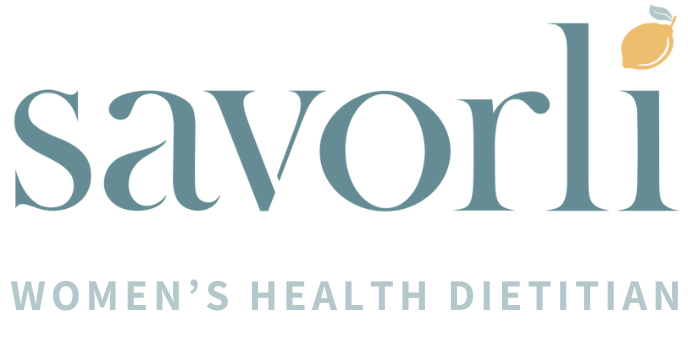HRV: The Health Metric Women Should Be Tracking
Let’s be honest — women already track a lot. Steps. Sleep. Periods. Water intake. Protein grams. But there’s one little number that might quietly hold the key to your hormones, energy, stress, and even your metabolism: HRV (Heart Rate Variability).
If you’ve never heard of HRV (or you’re kind of tracking it but don’t really know what it means), you’re in the right place.
What is HRV (Heart Rate Variability)?
HRV measures how much variation there is between each heartbeat.
✅ More variation = a calm, flexible nervous system.
🚩 Less variation = your body may be stressed, inflamed, or needing some TLC.
Think of it like your body’s stress resilience score.
And for women juggling work, kids, hormones, and life? This is gold.
Why HRV is a Game Changer for Women’s Health
Our bodies are constantly adapting — hormonally, emotionally, physically — so having real-time feedback like HRV can help you know when you can do more and when to rest.
1.How Your Cycle Impacts HRV
Follicular phase (after your period): HRV often rises — indicating you have capacity for more
Luteal phase (before your period): HRV often dips — indicating you need more rest
👉 Tracking HRV alongside your cycle gives you a better read on when your body needs more recovery, self-care, or stress support.
2. Stress Shows Up Here First
Mental load. Family life. Work deadlines. All of it adds up.
Your HRV will often drop before you even feel burned out. It’s an early red flag that your nervous system needs some love.
3. It helps you know when to take it easy
On high HRV days, your body is saying: “Let’s do this.”
On low HRV days: “Hey, maybe we should turn it down a notch”
4. Sleep Quality Impacts HRV
One rough night of sleep? You’ll likely see it in your HRV the next day.
HRV helps you measure if your sleep routines are actually helping you recover which is why I love looking at that data with clients.
5. Perimenopause & Menopause
As hormones shift, many women see HRV decline. Tracking can help you adjust your lifestyle and support your nervous system during this big transition.
What’s a Good HRV for Women?
Spoiler: everyone’s “normal” is different!
The real power is in tracking your personal trends.
But here’s a loose guide:
Age HRV
20s 60-90
30s 50–80
40s 40–70
50+ 30–60
Don’t panic if you’re outside this. Watching your own patterns is 100x more helpful than chasing a magic number!
What Affects HRV
HRV Boosters
Solid, consistent sleep
Balanced meals with protein + fiber
Blood sugar stability
Daily movement (walking, yoga, strength training)
Breathwork, vagus nerve support
Hydration + minerals
Less alcohol
HRV Drainers
Poor or disrupted sleep
Emotional overload
Overtraining
Skipping meals / blood sugar swings
Inflammation
Alcohol (yes, even 1-2 drinks can drop HRV for 24-48 hours)
How Can You Track HRV?
You don’t need fancy labs — just a wearable device or app.
Popular HRV Trackers for Women:
Oura Ring
Ultrahuman Ring
WHOOP Strap
Apple Watch
Garmin Watches
How to Improve HRV Naturally
✨ 1. Prioritize Sleep
Set a consistent bedtime
Limit blue light before bed
Magnesium glycinate = your new BFF. Find my favs on my fullscript account
✨ 2. Balance Your Blood Sugar
Protein at every meal
Avoid big sugar crashes
Eat regularly
✨ 3. Support Your Nervous System
Try box breathing or 4-7-8 breathing
Gentle yoga, stretching, or nature walks
Vagus nerve support (think: cold exposure, humming, breathwork)
✨ 4. Optimize Minerals
Hydrate with electrolytes
Ensure magnesium, potassium, sodium balance
Not sure minerals you need ? Do an HTMA test with us!
✨ 5. Limit Alcohol
Even small amounts can disrupt HRV and sleep
Why HRV Belongs in Every Woman’s Wellness Toolkit
Unlike labs or scales, HRV gives you real-time feedback on how your nervous system and body are coping with life.
Tracking HRV can help you:
Catch early signs of burnout
Adjust workouts based on recovery
Improve hormone balance
Support nervous system regulation
Personalize your daily wellness decisions
Give you feedback that something is off body-wise
The Bottom Line:
HRV empowers you to pause and listen to your body instead of guessing!
Looking to make nutrition and lifestyle shifts to improve your HRV?Join our Nervous System Reset!
